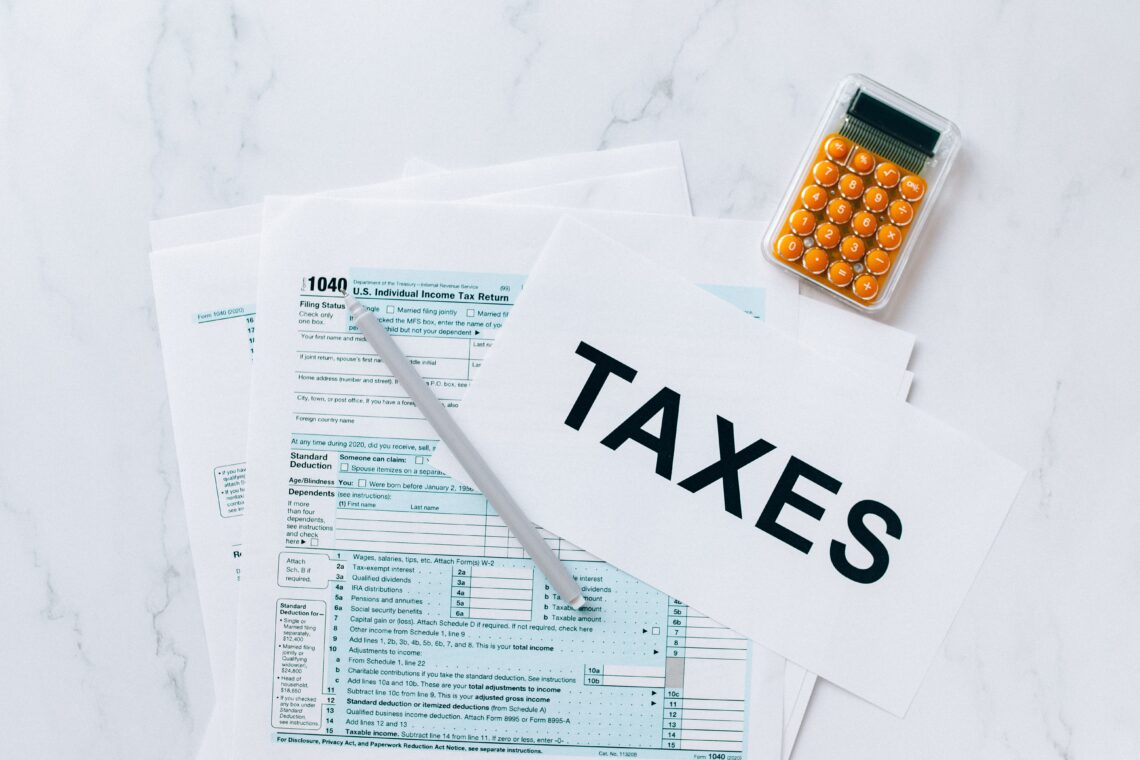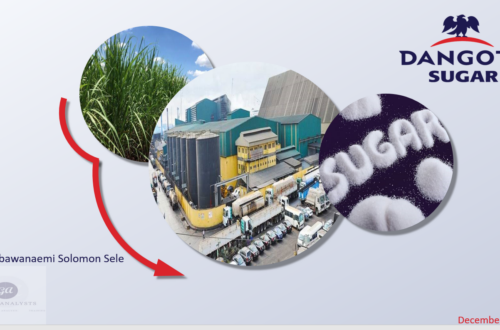
Examining the Recent Amendments to the Customs, Excise Tariff, etc. (Consolidation) Act (CETA)
The Finance Act of 2023 (FA2023 or the Act) was officially signed into law on May 28, 2023, under the leadership of His Excellency, former President Muhammadu Buhari, GCFR.
The commencement date for these amendments is September 1, 2023, as per the Finance Act (Effective Date Variation) Order of 2023, signed by His Excellency, President Bola Ahmed Tinubu, GCFR, on July 6, 2023. This Act represents the fourth iteration of the Finance Act series, which commenced in 2019. It primarily refines and clarifies certain modifications introduced by its predecessors, namely the Finance Acts of 2019, 2020, and 2021, aligning them more closely with the government’s fiscal objectives and the current economic landscape. This article will focus on amendments made by the Finance Act 2023 to the Customs, Excise Tariff, etc. (Consolidation) Act (CETA) and an overview of its economic Impact.
Section 15 of the Finance Act of 2023 (FA 2023) introduces amendments to Section 13 of CETA by imposing a 0.5% Import levy on all eligible goods imported into Nigeria from locations outside of Africa. The purpose behind this adjustment is to generate funds for capital contributions, subscriptions, and various financial commitments to organizations such as the African Union, African Development Bank, Africa Export–Import Bank, ECOWAS Bank for Investment and Development, Islamic Development Bank, United Nations, and other multinational institutions that may be specified in regulations issued by the Minister responsible for Finance.
Although the import levy is expected to enhance government revenues, it could simultaneously elevate the expenses of imported products for end consumers. This, in turn, may contribute to inflationary pressures. It is worth noting that the current inflation rate stands at 25.8%, as against the previous rate of 24.8%. As an example, presently, the market features significantly higher prices for used vehicles, with many of them having doubled in price, further compounded by varying customs duties on cars ranging from 5% to 35%. Although, this surge in prices cannot solely be attributed to import levies and taxes; the exchange rate also plays a significant role in this increase as the weakening of the domestic currency, the Naira, in comparison to the currency of the exporting country has significantly contributed to this price increase.According to data from the National Bureau of Statistics (NBS), Nigeria imported ₦26 trillion worth of goods in 2022, with more than 50% of these imports originating from outside of Africa. Consequently, a substantial amount of revenue is expected to be generated from this levy. It remains uncertain whether the 0.5 % tax will be applied to all imported goods.
Section 21 of CETA has been modified to incorporate excise duties on all services offered within Nigeria, encompassing, among others, telecommunication services. These duties are subject to specific rates, which can be prescribed by the President through a Presidential Order in accordance with the Act. Telecommunication services are widely sought after in Nigeria. Consequently, introducing excise duties on these services could lead to a reduction in their usage due to the potential cost increase resulting from the imposition of these excise duties. That said, President Bola Tinubu has suspended indefinitely the application of excise duties to telecommunication services. It is assumed that the suspension will also apply to all services.
Furthermore, Section 17 of the 2023 Finance Act 2023 has brought about changes to Section 22 of the Customs, Excise Tariff, etc. (Consolidation) Act (CETA). This modification assigns the responsibility of overseeing the Tariff Review Board to the Minister in charge of Finance. In essence, this amendment grants the Minister more control over the group that reviews and may change tariffs. It highlights the Finance Minister’s role in taxation and could provide more information about levy payments, exceptions, excise duties, and other important details.
In conclusion, the amendments introduced by the 2023 Finance Act to the Customs, Excise Tariff, etc. (Consolidation) Act (CETA) hold significant implications for Nigeria’s economy. These changes, which encompass a range of fiscal measures, from import levies to excise duties on services, represent a dynamic approach to revenue generation and economic regulation. While they are anticipated to boost government revenues and discourage imported goods while encouraging locally manufactured goods in Nigeria, they also raise pertinent questions about their impact on consumer prices, business profitability, and overall economic stability. As we navigate these changes, it becomes imperative to closely monitor their real-world effects, striving for a balance between fiscal goals and the well-being of businesses and consumers alike. The economic impact of these amendments will continue to be a subject of great interest and analysis in the coming years pending the introduction of a new finance act or amendment.




